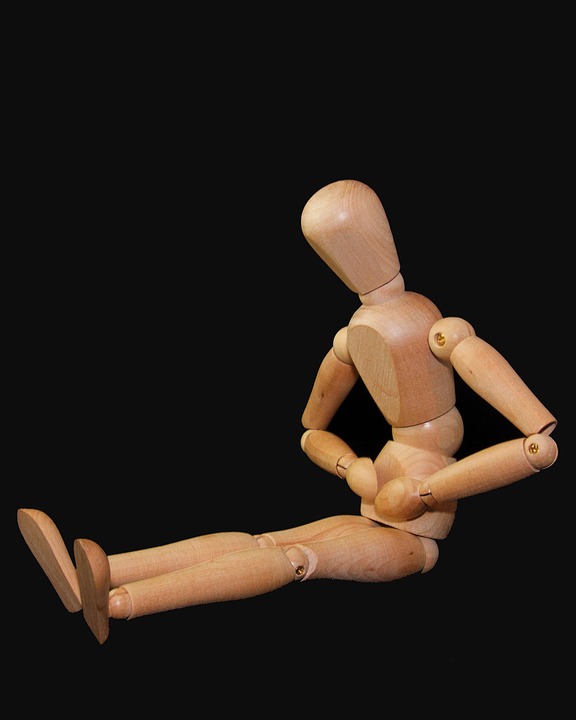Stomach ache and abdominal pain
A stomach ache, including stomach cramps or abdominal pain, doesn’t usually last long and isn’t usually caused by anything serious.
Some common causes of a stomach ache include:
trapped wind (flatulence)
pain or discomfort after eating (indigestion)
being unable to poo (constipation)
Speak to your pharmacist for advice about medications to help ease symptoms of these conditions.
If you have diarrhoea and vomiting, it will usually clear up by itself within a week.
Read about what to do if you have diarrhoea and vomiting.
When to get medical advice
See your GP or call NHS 111 if you’re worried or need advice about your symptoms.
For example, if:
the pain gets much worse in a short space of time
the pain won’t go away or keeps returning
you have unexpected weight loss
you have unusual vaginal discharge
you have a persistent change in toilet habits
Call 999 for an ambulance or go to your nearest hospital accident and emergency (A&E) if you:
have sudden, severe stomach pain
feel pain when you touch your stomach
are vomiting blood
have bloody or black, sticky stools
aren’t able to urinate
have collapsed or can’t breathe
you’re diabetic and vomiting
If you feel pain in the area around your ribs, read about chest painfor information and advice.
Causes of sudden, severe abdominal pain
Some of the possible causes of sudden, severe abdominal pain include:
appendicitis – swelling of the appendix that causes agonising pain in the lower right-hand side of your abdomen
a bleeding or perforated stomach ulcer – a bleeding, open sore in the lining of your stomach
acute cholecystitis – an inflamed gallbladder, often caused by gallstones
kidney stones – small stones may be passed out in your wee, but larger stones may block the kidney tubes
diverticulitis – a type of inflammation in the bowel
a pulled muscle in your abdomen, or an injury
Causes of long-term or recurring abdominal pain
Some of the possible causes of long-term or recurring abdominal pain include:
irritable bowel syndrome (IBS) – symptoms of this common condition include stomach cramps, bloating, diarrhoea and constipation; the pain is often relieved when you go to the toilet
inflammatory bowel disease (IBD) – long-term conditions that involve inflammation of the gut, including Crohn’s disease and ulcerative colitis
a urinary tract infection that keeps returning – you’ll usually experience a burning sensation when you wee
other stomach-related problems – such as a stomach ulcer, heartburn and acid reflux, or inflammation of the stomach lining (gastritis)
Possible causes in children include:
a urinary tract infection that keeps returning
heartburn and acid reflux
recurrent episodes of abdominal pain with no identifiable cause (abdominal migraines)

